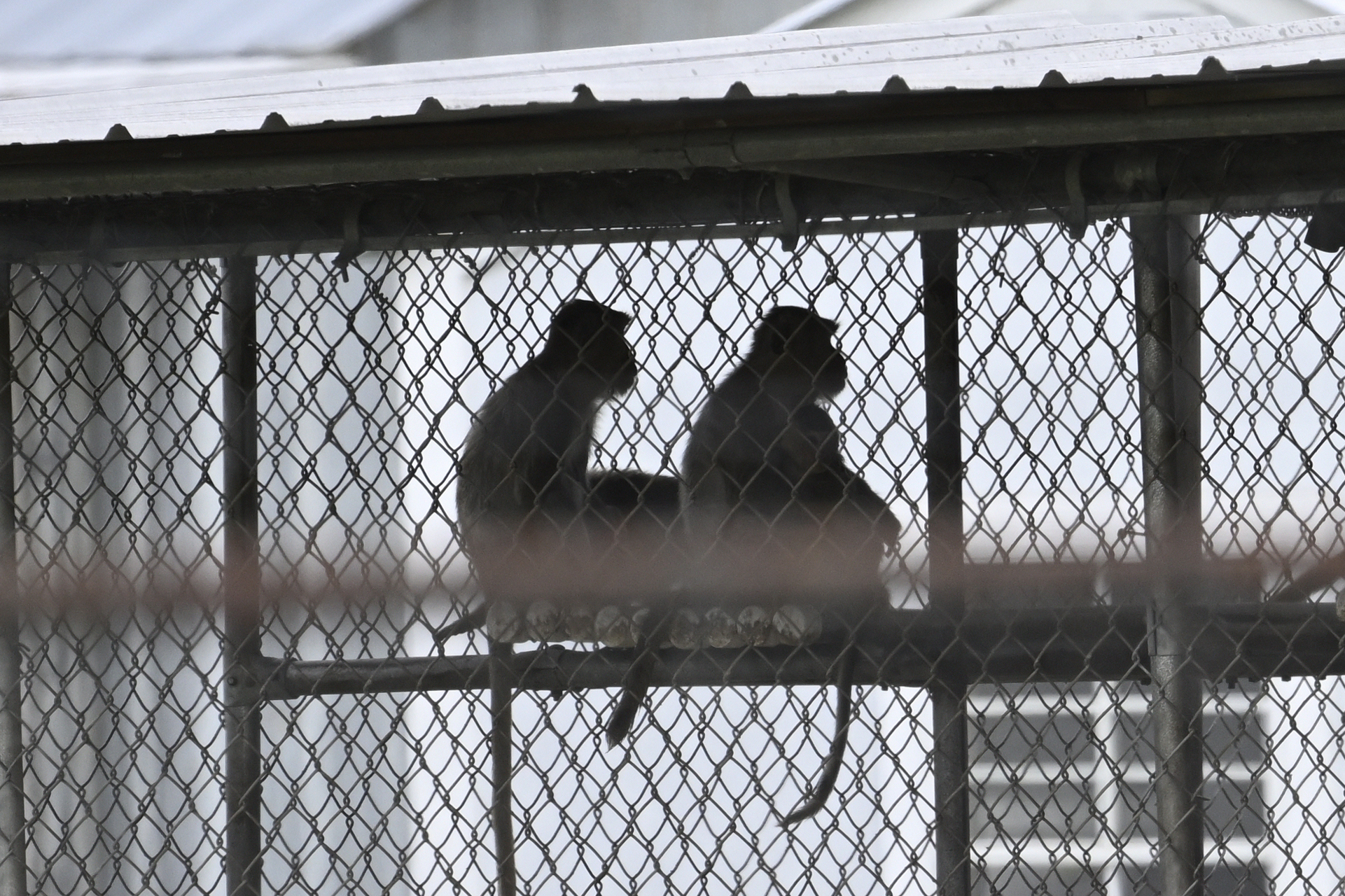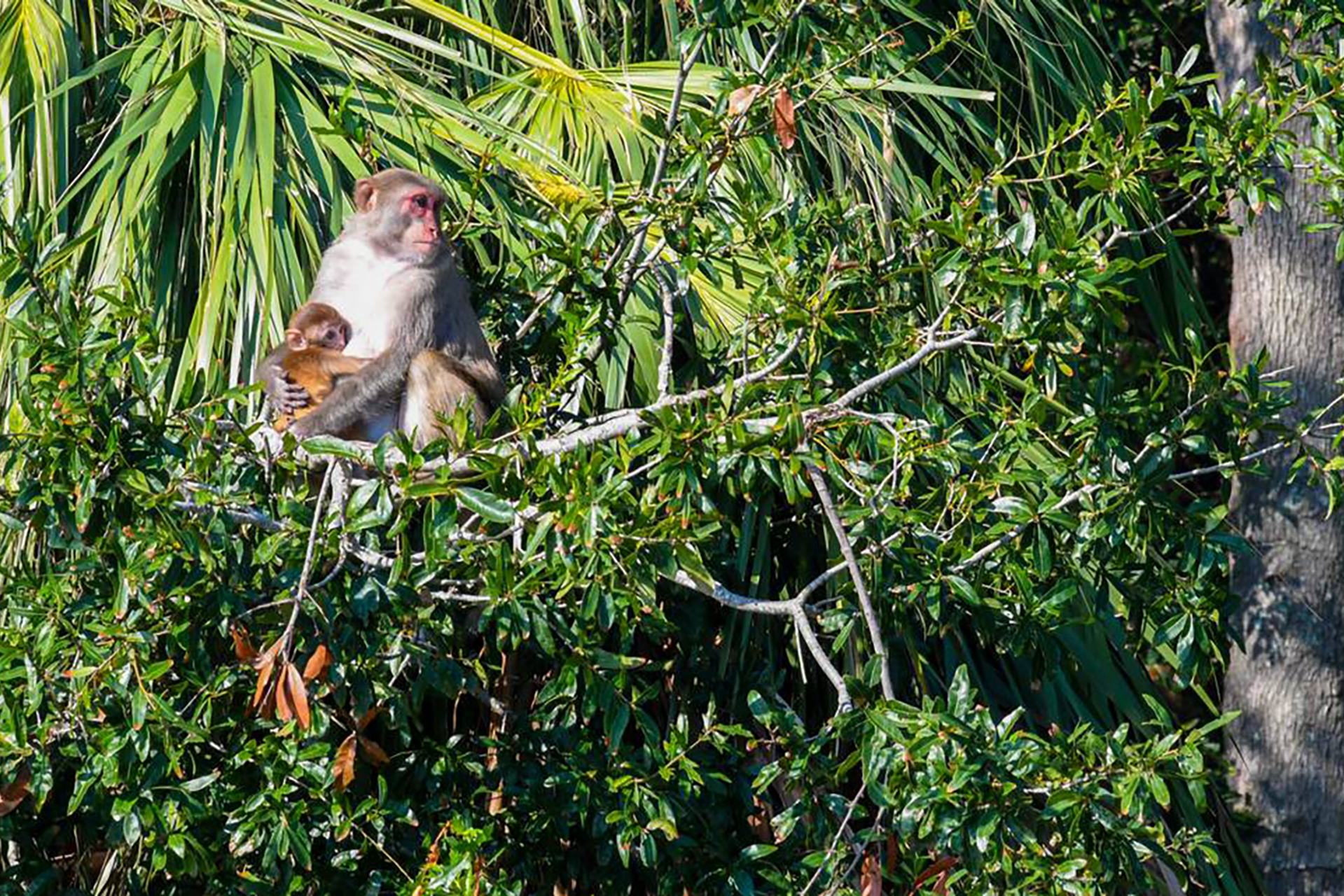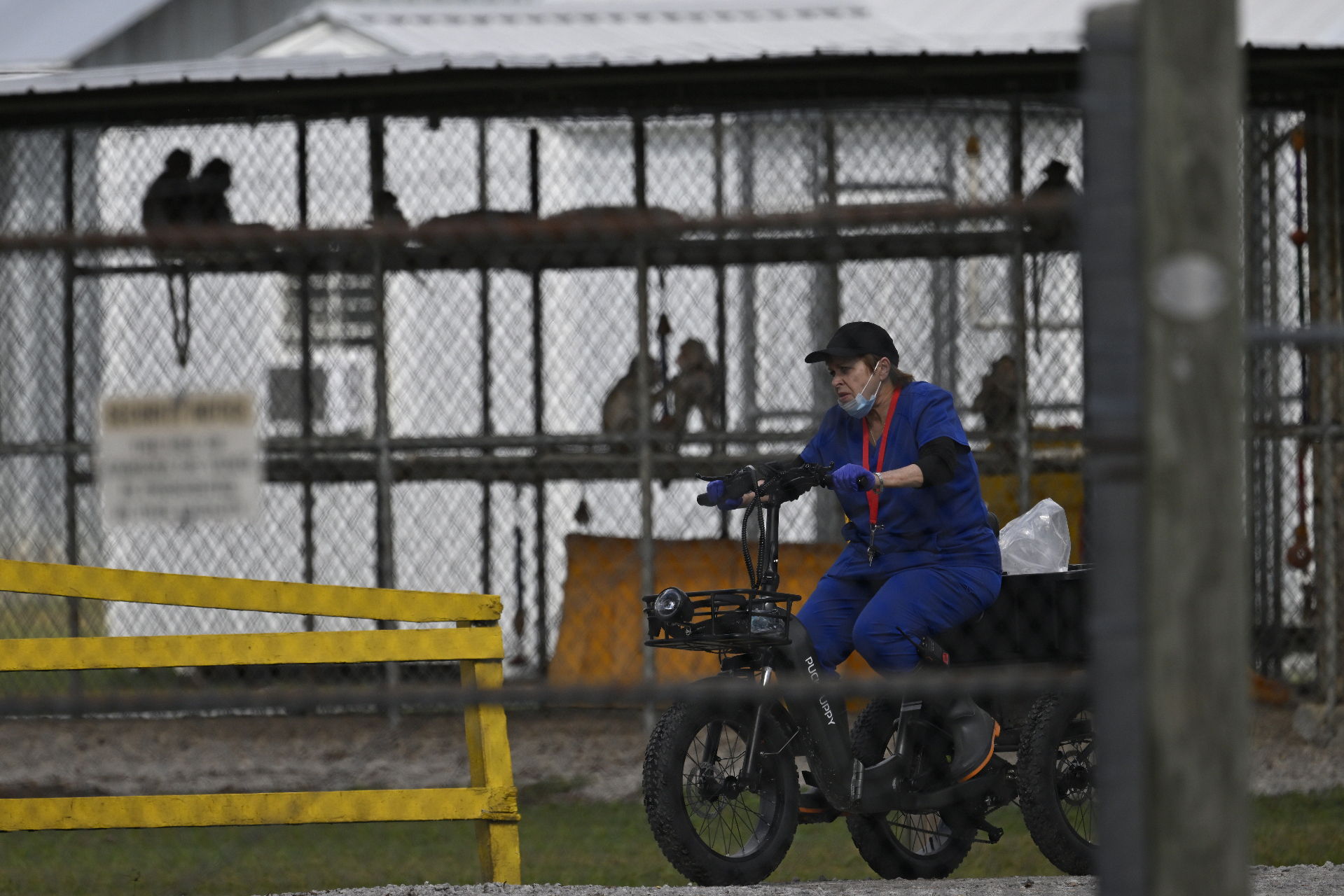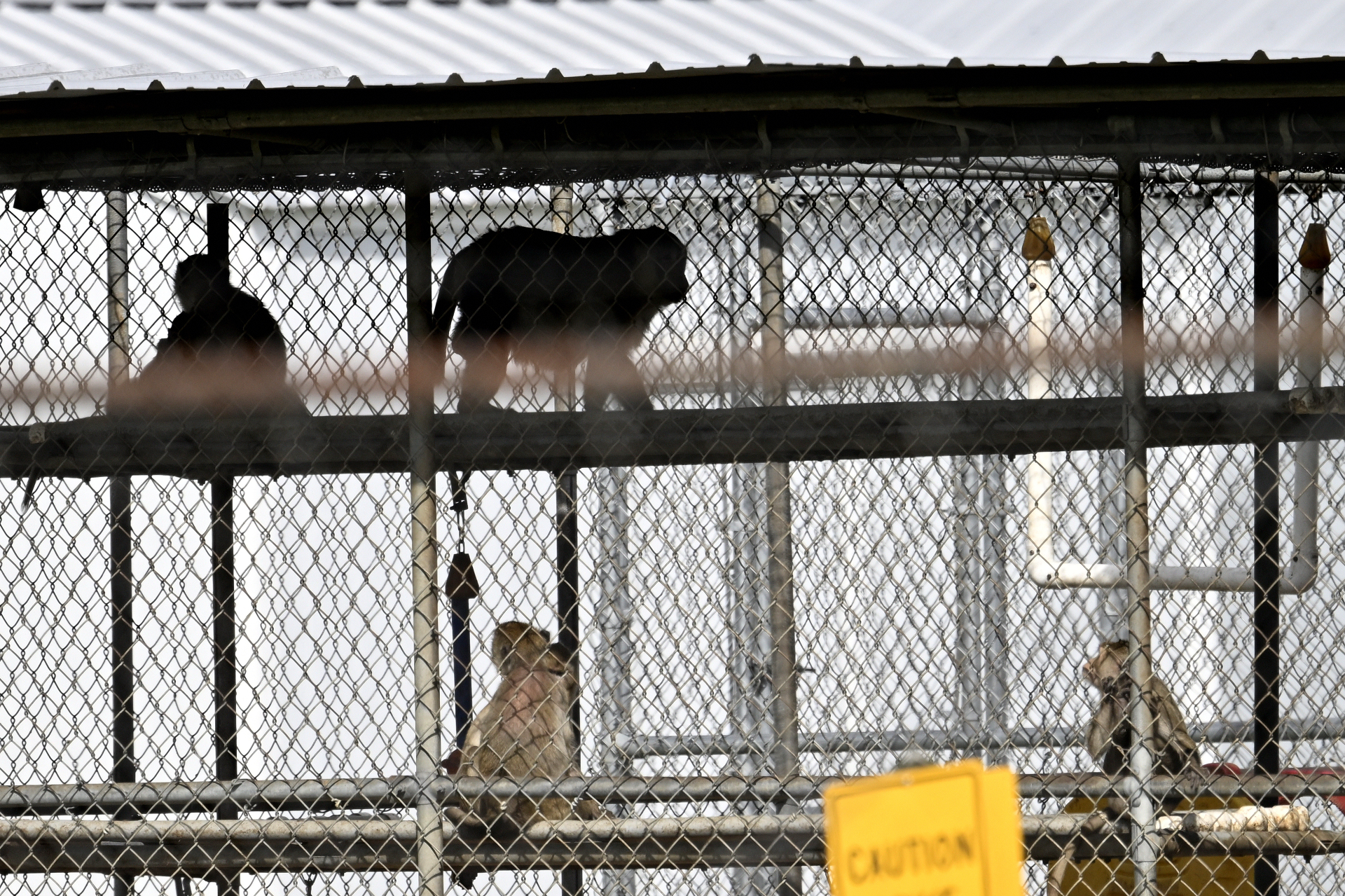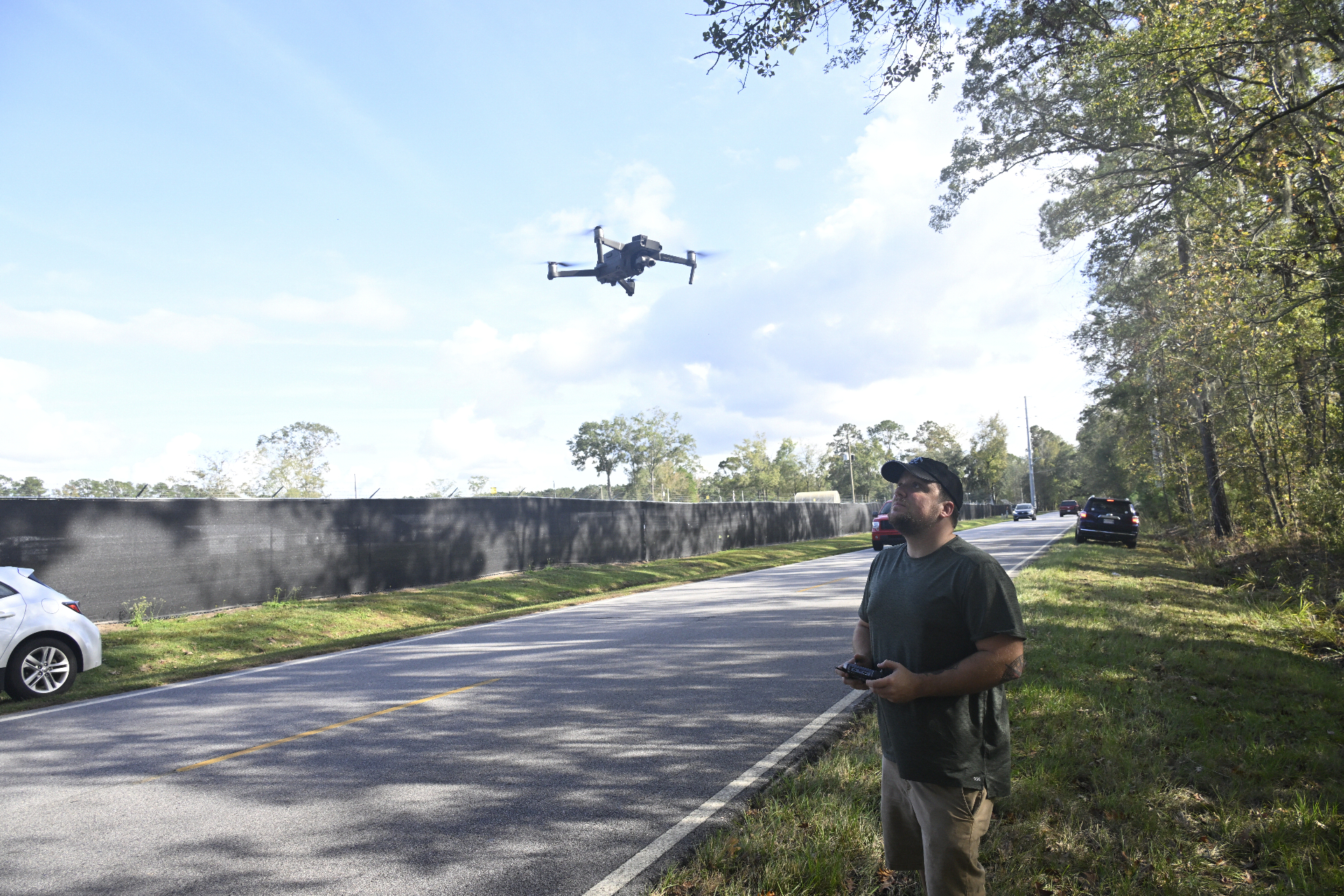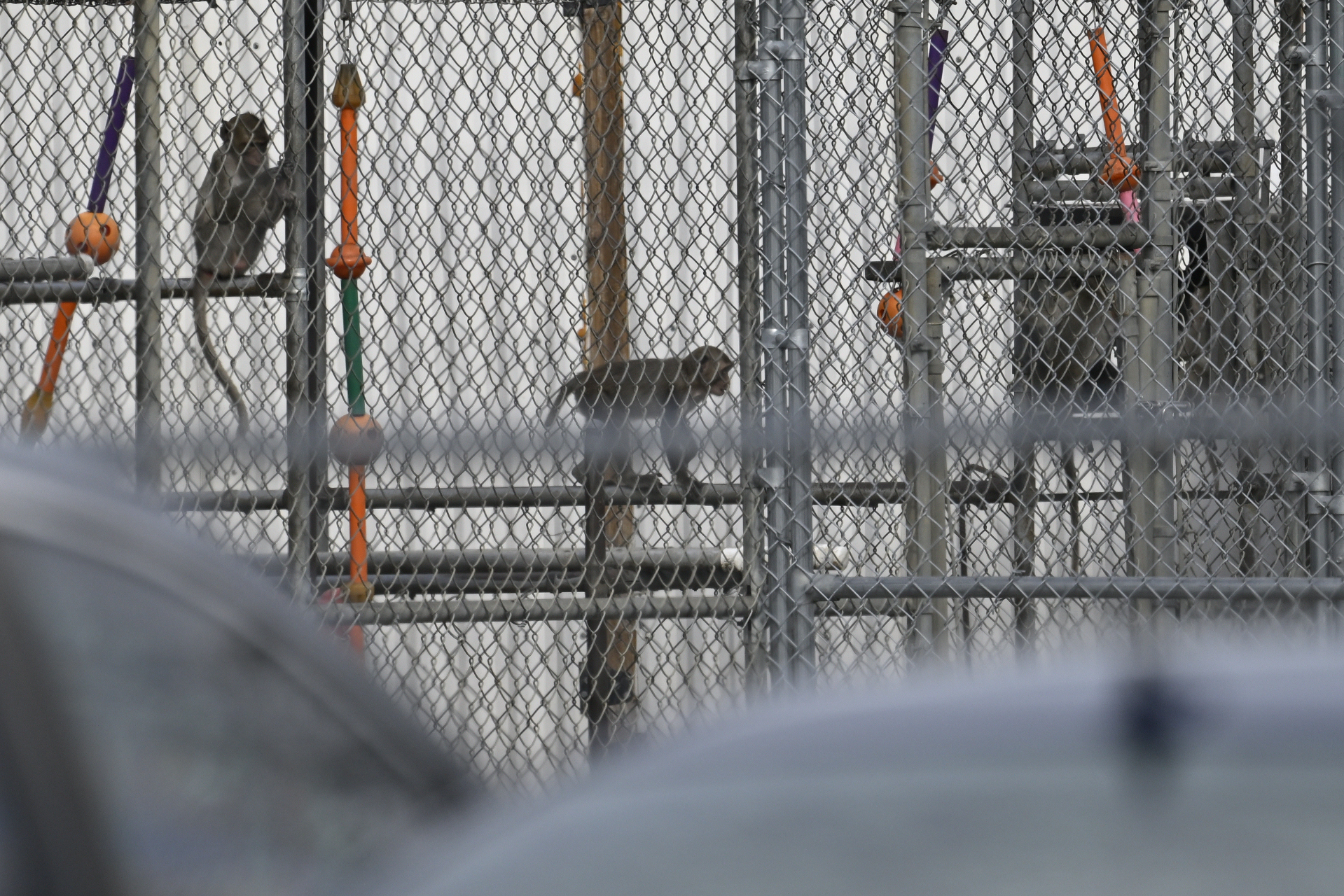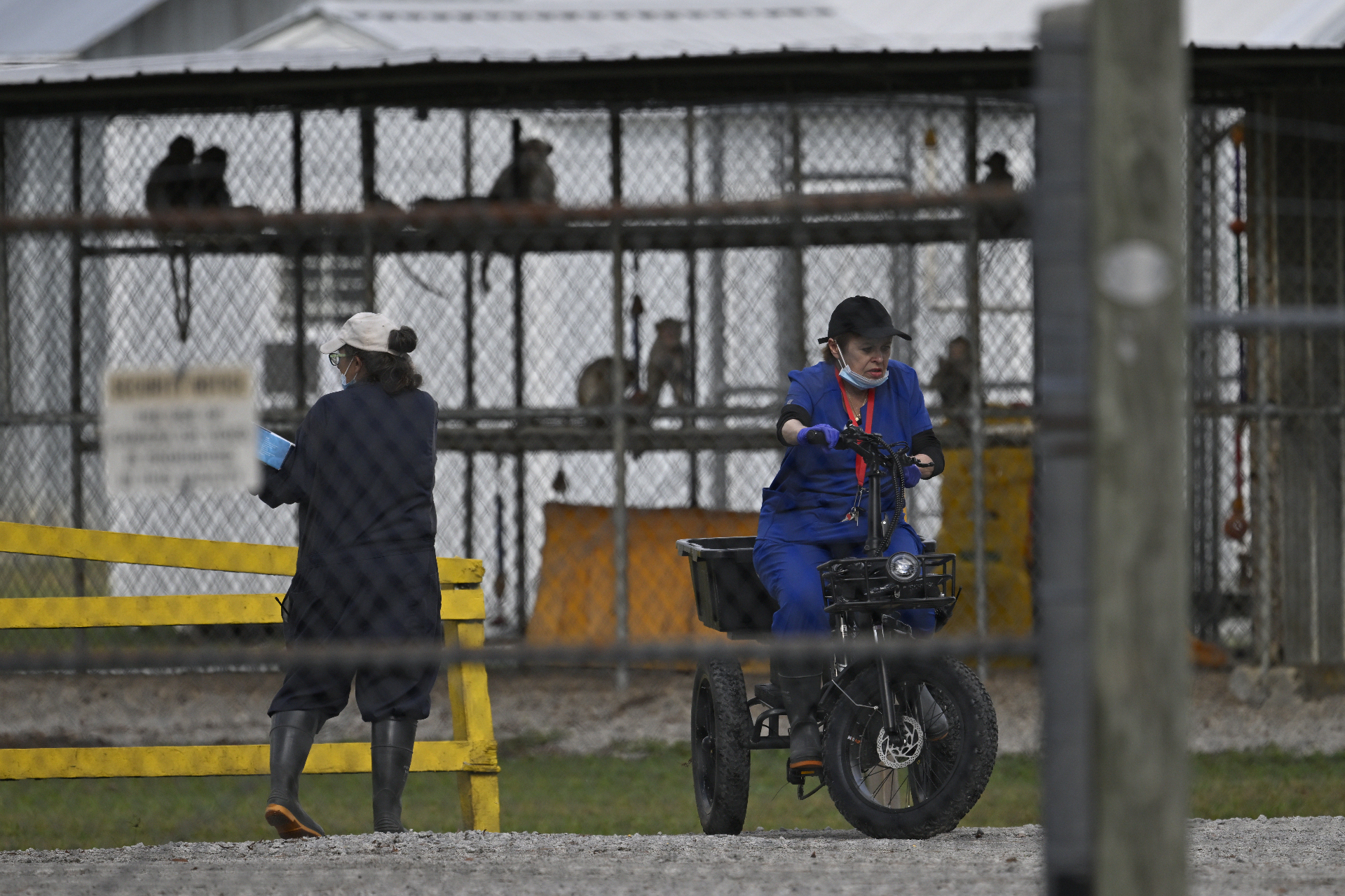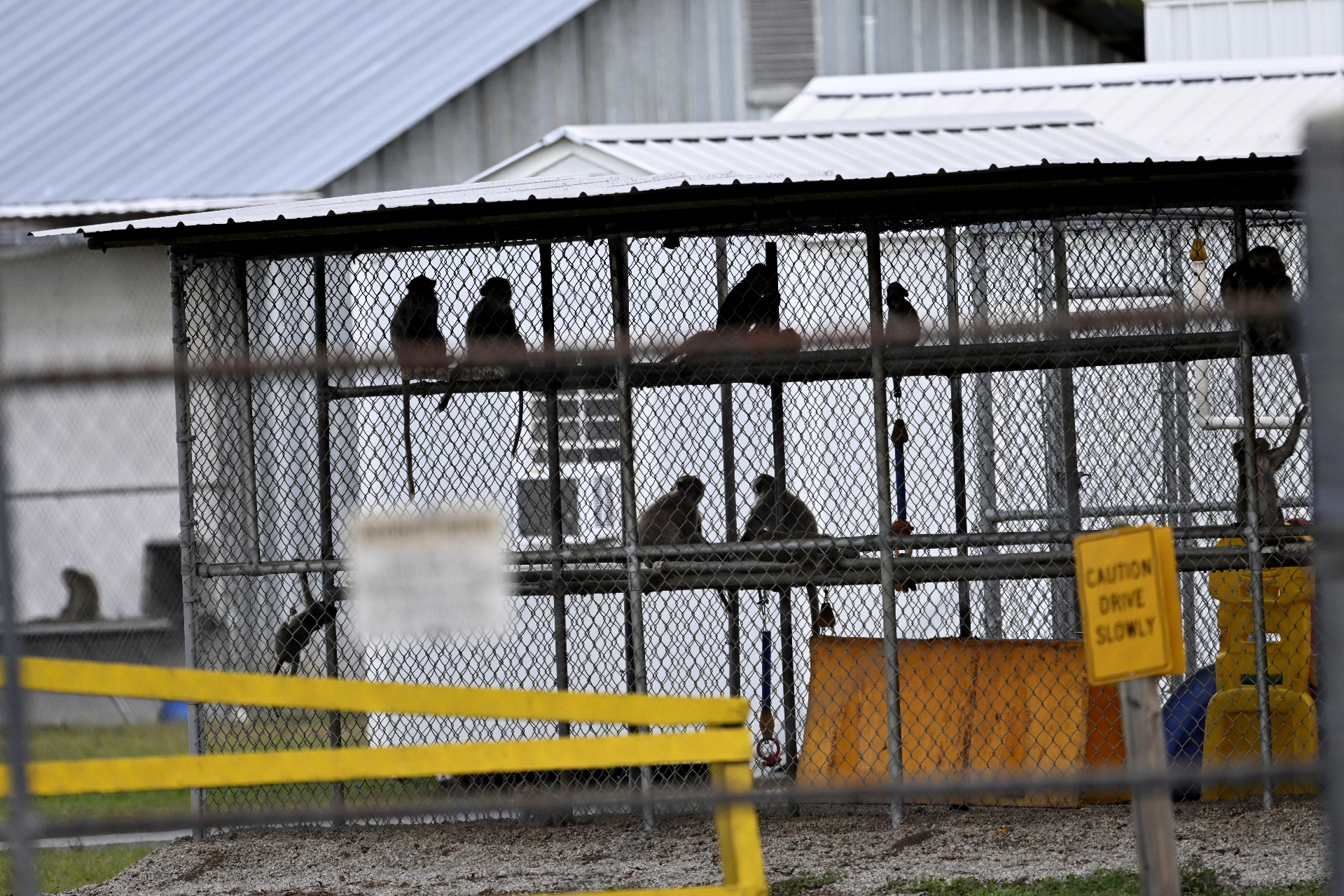More than forty monkeys escaped from a South Carolina lab
A group of Monkeys escaped from a lab in South Carolina. It sounds like the opening of a joke, but it is not. The animals ran out of a medical research facility in Yemassee County.
According to AP News, an employee of Alpha Genesis failed to entirely shut down an environment on Wednesday, Nov. 6, allowing 43 Rhesus macaque (like the ones in the picture) specimens to leave.
“They are not infected with any disease whatsoever. They are harmless and a little skittish,” Yemassee Police Chief Gregory Alexander told AP News the morning after the escape.
According to NBC, all the monkeys are female and under 7 pounds. They left the company compound and gathered about one mile from downtown Yemassee.
By the weekend, the Alpha Genesis team had recaptured more than 25 monkeys with the aid of local police, AP news said. Still, residents were advised to keep their windows and doors closed.
They also asked to avoid flying drones in the area. The operation proved a little more complicated after that. Researchers and local officials rescued a few monkeys each day.
A week after the incident, nearly a dozen were still out. Luckily, when Alpha Genesis personnel recovered them, all the monkeys were unharmed.
Alpha Genesis personnel told AP News that the work would continue until they captured all remaining monkeys. They set traps in the forest surrounding the company’s compound.
NBC News says Alpha Genesis uses monkeys for bio-research and sells specimens to other labs. The company’s CEO claimed it used a macaque to help with brain disease studies, the outlet said.
It is not the first time. In 2018, federal officials fined Alpha Genesis after dozens of monkeys escaped, and they found problems with their housing, the AP said.
According to the news agency, officials said 26 primates escaped from Alpha Genesis’s Yemassee facility in 2014, and an additional 19 got out in 2016.
Monkeys are not uncommon in research. They share most of the human DNA and can help scientists understand critical elements of human development.
More for you
Top Stories



